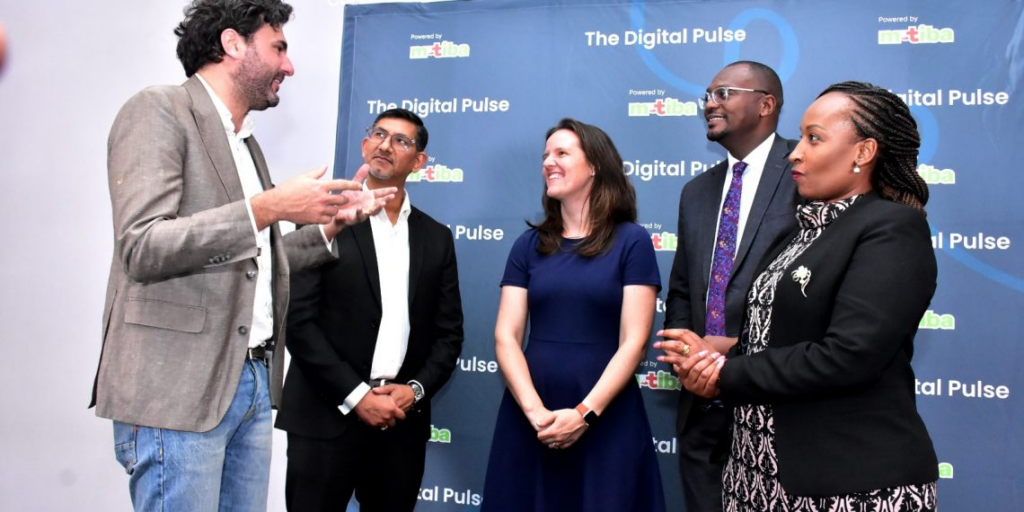AI Revolutionizing Healthcare in Kenya: Industry Leaders Highlight Benefits and Challenges
Health insurance and technology leaders are betting on Artificial Intelligence (AI) and real-time data to improve healthcare quality, lower costs, and expand insurance access in Kenya.
Digital Pulse CEO Roundtable 2025
At The Digital Pulse CEO Roundtable 2025, hosted by M-TIBA, industry leaders from health insurance, reinsurance, technology, and healthcare sectors explored AI-driven strategies to transform healthcare and insurance. This year’s theme, “Connected Intelligence: The Future of Data, Tech, and AI in Health Insurance,” focused on how AI and real-time data can simplify health insurance.
Honda India’s Entire Lineup Now E20 Compliant
Pieter Prickaerts, CEO of CarePay International and M-TIBA
“AI is the buzzword of the day, but we are focused on turning innovation into real benefits for health insurance,” said Pieter Prickaerts, CEO of CarePay International and M-TIBA.
AI is poised to enhance decision-making, streamline operations, and make health insurance more accessible. Early AI applications such as automated pre-authorizations and claims processing have significantly boosted efficiency. M-TIBA’s data-driven platform has shortened payment cycles by up to 95%, while healthcare costs have dropped by 15%, allowing members to stretch their coverage. Real-time claim tracking has also improved transparency and flexibility.

Njeri Jomo, CEO of Jubilee Health Insurance, highlighted AI’s role
Njeri Jomo, CEO of Jubilee Health Insurance, highlighted AI’s role in optimizing pricing, enabling premiums as low as KES 500 per month. “AI has streamlined our administrative processes, allowing 80% of claims to be processed faster while maintaining accuracy and efficiency,” she said. AI is also improving real-time monitoring for healthcare providers, preventing duplicate treatments, detecting anomalies, and flagging high utilization. This fosters collaboration between providers and insurers, leading to better patient outcomes and cost savings.
Looking ahead, AI is expected to play a bigger role in diagnostics, treatment recommendations, and drug development. However, human oversight remains essential to ensure AI-driven decisions align with ethical and medical standards. “AI is transforming healthcare much like electricity revolutionized industries,” said Dharmendra Jain, CEO of Actnable AI. “To unlock its potential, we must take immediate, actionable steps, such as mapping the member’s health insurance journey to enhance patient experiences.”
Delta Air Lines Jet Overturns While Landing in Toronto, All 80 Onboard Survive
Ezekiel Macharia, Managing Director of Kenbright, emphasized a practical approach: “AI excels at reading, summarizing, and education, but struggles with complex calculations. In health insurance, we should focus on where AI truly adds value—streamlining administrative tasks and improving efficiency.”
While AI won’t solve all challenges overnight, industry leaders agree that leveraging connected intelligence can drive simple, affordable solutions to expand insurance coverage, particularly for underserved Kenyan populations.
- Woman Arrested for Marrying and Robbing 25 Men in Seven Months
- Bangladesh Becomes First in Region to Get Starlink Before India and Pakistan
- Climate Action Through Innovation: AKU Awards Top Solutions for Water Scarcity
- US Rejects 15 Indian Mango Shipments, Exporters Face $500,000 Loss
- China’s GWM Unveils New Bi-Turbo V8 Engine, Targets Luxury Car Market

